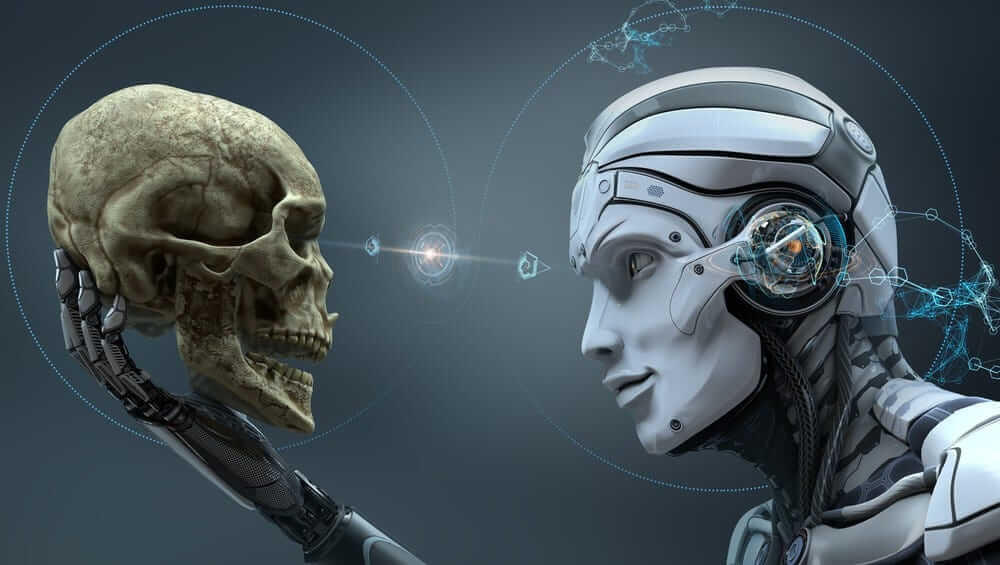In a world where technology continues to evolve at an astonishing pace, AI’s capacity to revolutionize our everyday routines has the potential to put giants such as Google and Amazon in an unexpected predicament.
Bill Gates, Microsoft’s co-founder, sheds light on how AI could be the driving force that redefines our interactions with these tech behemoths.
A Revolution Led by AI Personal Agents
Gates recently shared his insights at an event focused on AI, hosted by Goldman Sachs and SV Angel in San Francisco. He proposed a future where the leading AI entity will likely birth a personal digital agent.
This AI assistant, yet to be conceptualized fully, would be equipped to comprehend individual needs and habits, executing tasks ranging from reading unread articles to managing productivity.
This, Gates believes, could be a turning point in consumer behavior as we know it. “The victor in this personal agent domain will be a game-changer. This AI entity could render search sites redundant, even eliminating the need to visit e-commerce platforms like Amazon,” he predicted.
Such a profound technological shift could either be led by a pioneering startup or a tech titan, with Gates confessing that he’d be “disappointed if Microsoft weren’t contenders”.
He expressed admiration for startups like Inflection.AI, co-founded by ex-DeepMind executive, Mustafa Suleyman, hinting that the competition for the AI crown could be fierce.
The confluence of AI and healthcare
Despite the excitement surrounding AI’s capacity to revolutionize our digital interactions, it’s imperative to recognize the potential it holds in the healthcare sector.
Gates, who is deeply engaged in health initiatives via the Bill & Melinda Gates Foundation, believes AI will expedite innovations in healthcare and catalyze the development of advanced drugs.
In an era where our understanding of the human brain remains elusive, Gates is optimistic about our proximity to creating useful drugs to treat diseases such as Alzheimer’s, with human trials potentially commencing within a decade.
The rise of generative AI technologies also promises to reshape our workforce, affecting both white-collar and blue-collar sectors. With future humanoid robots being more cost-effective than human employees, the impact on labor markets could be significant.
Regulatory measures in the AI landscape
AI’s rapid advancements underscore the need for robust regulatory measures. A sentiment shared by the G7 leaders who recently called for the creation of technical standards to ensure AI’s safe and secure progression.
They emphasized that any solutions should align with shared democratic values and should include governance, safeguard of intellectual property rights, and promotion of transparency.
This sentiment was echoed by Avivah Litan, a VP at Gartner Research, who cautioned about the threats AI poses, including potential violations of intellectual property and copyright laws due to lack of data governance.
In response to these challenges, the G7 leaders are advocating for a working group to explore potential solutions for generative AI. Concurrently, the European Union and the White House are formulating guidelines to regulate AI, ensuring their alignment with fundamental rights and promoting responsible innovation.
As we navigate this age of rapid technological advancements, the role of AI appears to be increasingly dominant, making it both a promising catalyst for progress and a potential threat to established norms.
The ability to harness its potential while mitigating its risks could very well determine the future of giants like Google and Amazon.





